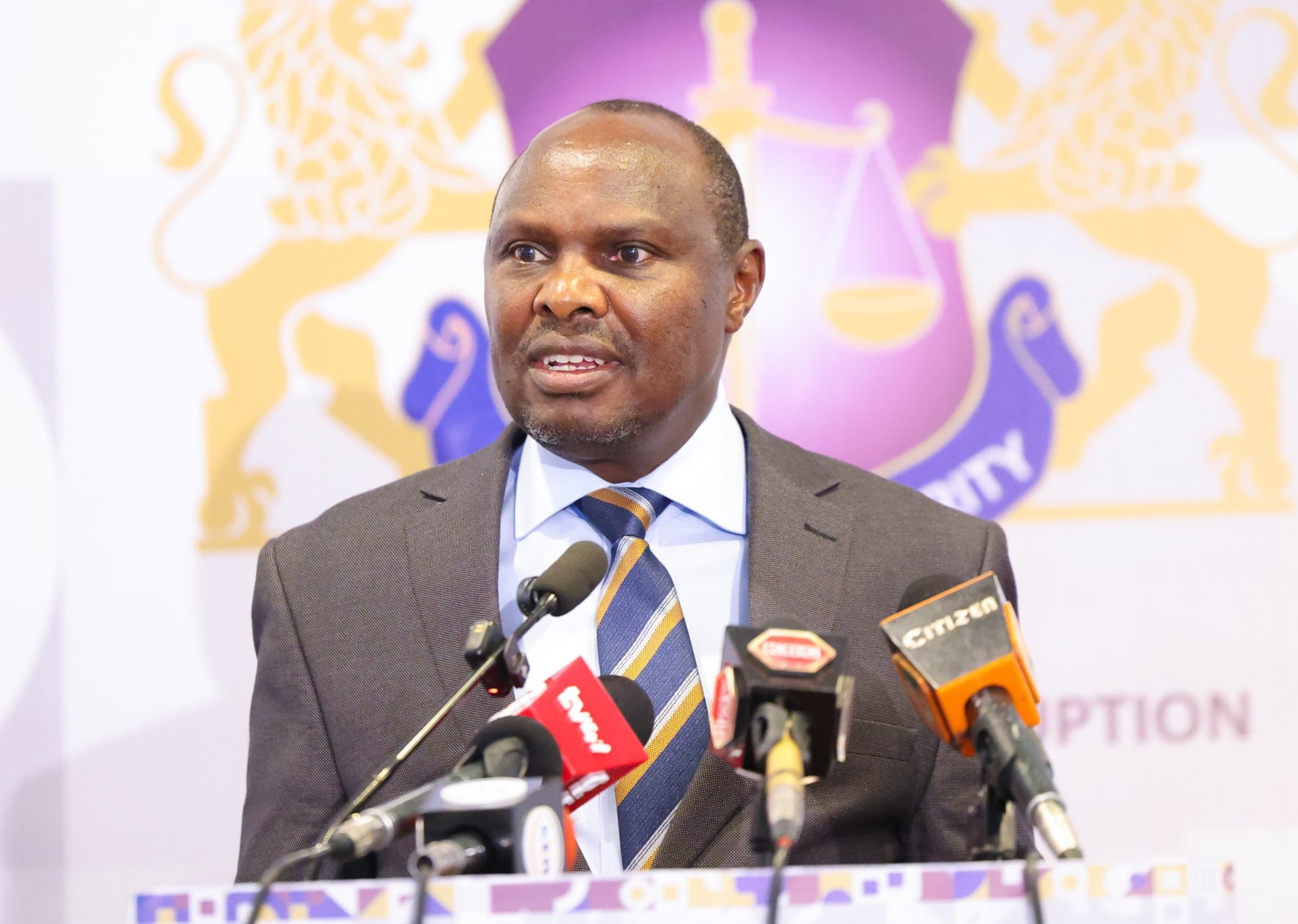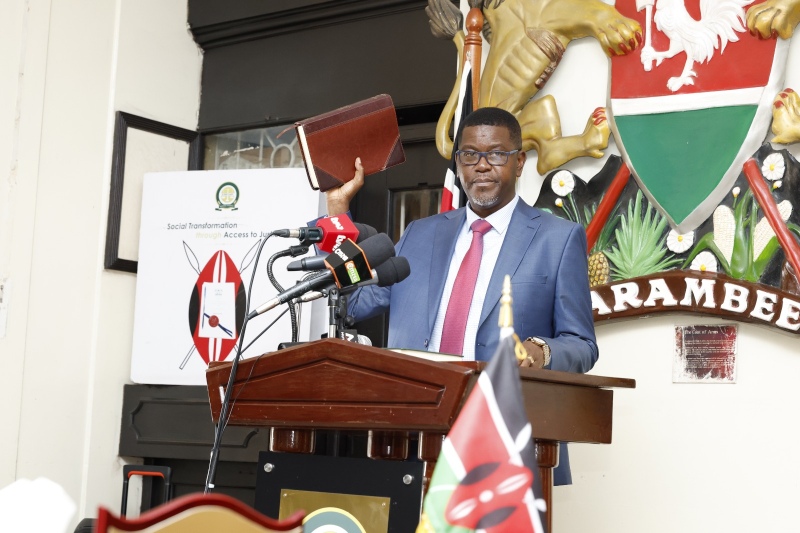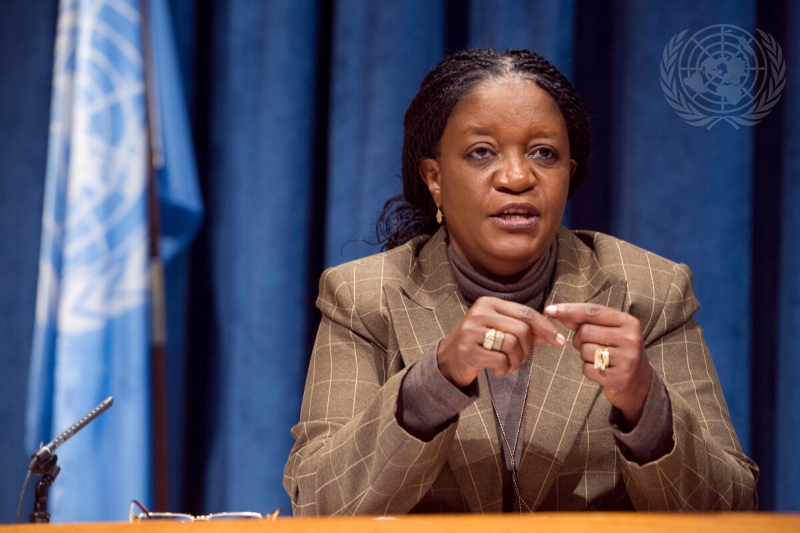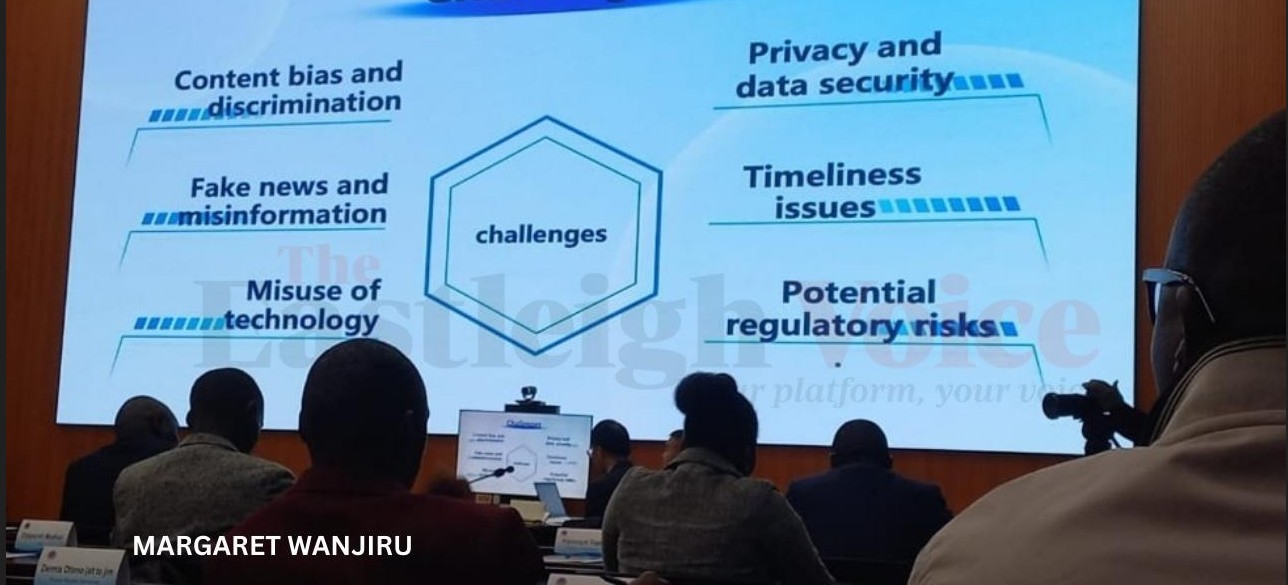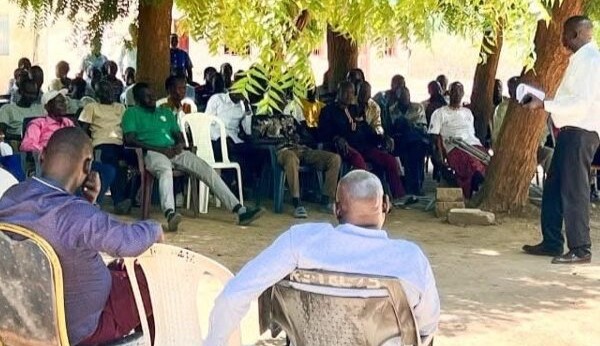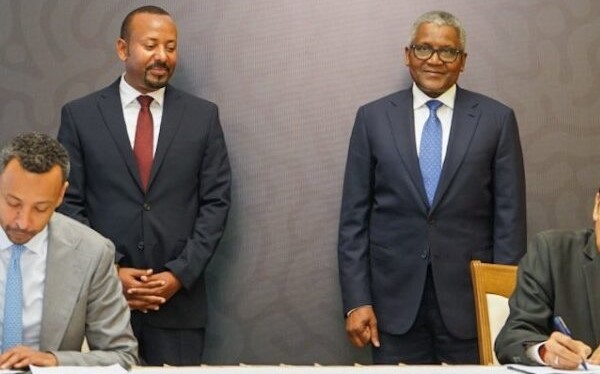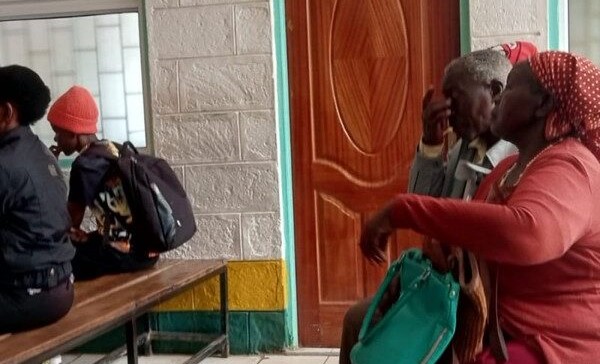MPs slam Commission for University Education for failing to rein in rogue institutions
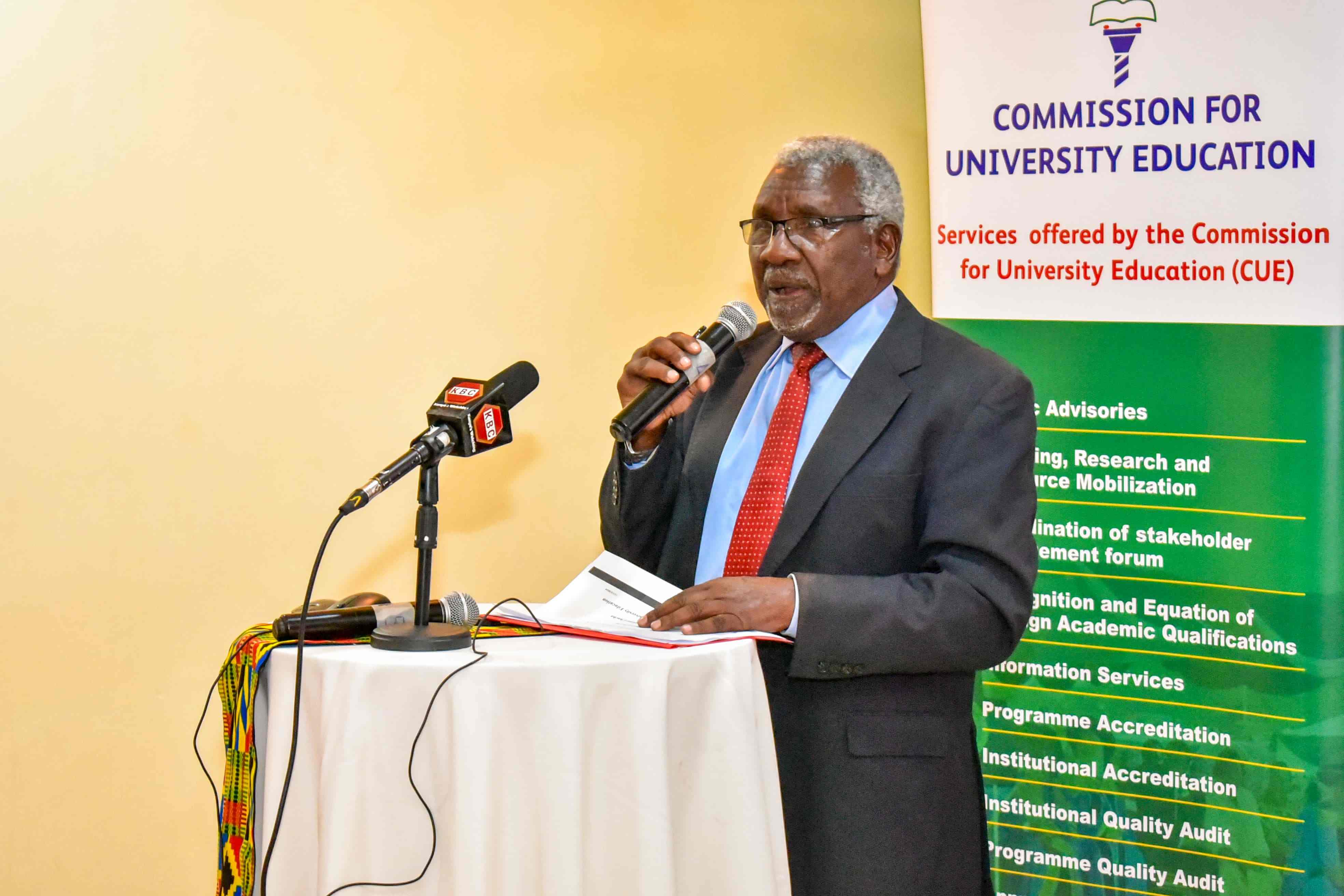
MPs say CUE’s weak oversight has eroded academic standards and left students vulnerable to fraudulent institutions operating without proper accreditation.
Members of Parliament have slammed the Commission for University Education (CUE) for failing to rein in rogue institutions, citing fake degrees, underqualified lecturers and regulatory loopholes that have allowed unaccredited universities to thrive unchecked.
According to the National Assembly Committee on Education, chaired by Tinderet MP Julius Melly, the CUE’s weak oversight has eroded academic standards and left students vulnerable to fraudulent institutions operating without proper accreditation.
More To Read
- 21 public universities at risk of collapse due to Sh42.5 billion debt, Auditor General warns
- Public universities' debt hits Sh76.1 billion, raising sustainability concerns - Auditor General
- Ex-REREC manager fined Sh3 million, faces four years in jail for using fake degree
- MoE reshuffles county education directors in latest shake-up
- Universities oppose state plan to limit teacher training admissions amid graduate unemployment
- Ex-Garissa Protocol Officer charged with forgery, fraudulent acquisition of Sh6.8 million
The Commission’s leadership, Chairman Prof. Chacha Nyaigotti-Chacha and CEO Prof. Mike Kuria, struggled to explain the measures they had taken to curb the proliferation of illegal institutions and safeguard students from fraudulent qualifications.
Melly questioned how many higher education institutions have been shut down for issuing fake degrees.
“How many universities that offer fake degrees and PhDs have been closed down and charged in a court of law?” Melly said.
Kuria admitted that some universities had been flagged for non-compliance and revealed that two court cases involving illegal graduation ceremonies were currently ongoing.
He also revealed that the Commission had flagged 15 unaccredited institutions and had intensified crackdowns on such establishments in partnership with law enforcement agencies.
“We have flagged 15 unaccredited institutions, and two court cases are underway involving the issuance of fake degrees,” he said.
However, the MPs were unimpressed, saying the Commission had failed in its mandate.
MP Melly then demanded clarity on the bilateral agreements and regulatory frameworks guiding the operation of foreign universities in Kenya.
In response, Kuria said the Commission publishes quarterly lists of accredited institutions and has issued public warnings to help students and parents identify legitimate universities.
“We have published quarterly lists of accredited universities and issued public warnings to caution students and parents against enrolling in unrecognised programmes,” he said.
Still, the lawmakers questioned the Commission’s effectiveness. Moiben MP Phyllis Bartoo criticised the oversight body for failing to detect and prevent malpractice.
“If we have unaccredited institutions awarding degrees illegally, then you are failing,” she said.
She further challenged the Commission to explain what mechanisms it had in place to identify issues such as over-enrollment, shortcut graduations, and hiring of unqualified teaching staff.
Concerns were also raised over the quality of education in many institutions, especially newly established and regionally located universities. Teso South MP Mary Emaase questioned CUE’s role in ensuring academic excellence in institutions with inadequate infrastructure, limited research output and poorly qualified staff.
“What policy reforms is CUE pursuing to address these gaps?” Emaase posed, stressing the urgency of legislative and policy interventions to protect academic standards.
Siaya Women Representative Christine Ombaka raised the issue of worsening student-to-lecturer ratios, demanding to know what the Commission was doing to manage enrollment and ensure adequate staffing.
“We have universities offering master’s and PhD programmes without enough lecturers,” Luanda MP Dick Maungu added, citing cases of postgraduate students lacking qualified supervisors.
In response, Kuria admitted that historical challenges following the operationalisation of the Universities Act in 2012 had contributed to discrepancies in accreditation records.
“In 2012, the total number of fully-fledged universities was 33, seven public and 26 private. By 2025, that number had increased to 67, comprising 38 public and 29 private universities, and 13 others at various stages of accreditation,” Kuria said.
The data, legislators observed, marked a 41 per cent increase in two decades, placing Kenya fifth in Africa in terms of the number of universities—after Nigeria, South Africa, Egypt and Ghana.
In light of the revelations, CUE called for policy reforms to enhance regulatory oversight, manage student enrollment, and align Kenya’s university education system with global academic standards.
The Committee on Education has now directed the Commission to submit a detailed report on all accredited universities in the country.
Top Stories Today


